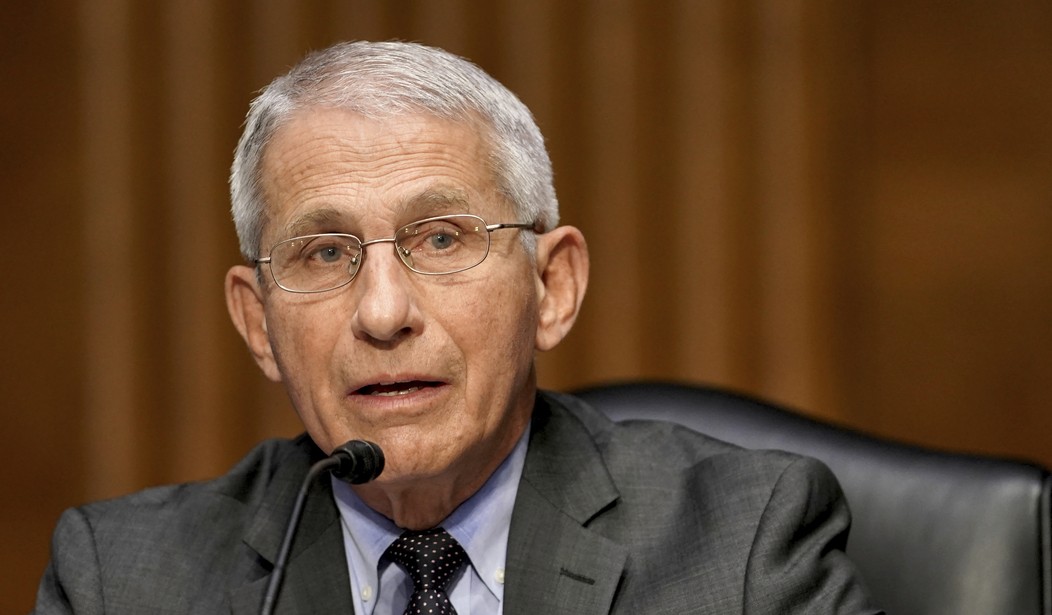White House chief medical adviser Anthony Fauci said Sunday that he does not believe the new variant of the coronavirus will lead to a surge in cases or a return to pandemic lockdowns.
During an appearance on ABC's "This Week," Fauci told host George Stephanopoulos that the new BA.2 variant is more transmissible than the original omicron variant of the virus. He said it is about 50-60 percent more transmissible and could become the dominant variant in the U.S.
According to Fauci, the new variant is "about 80 plus percent, 85 percent of the isolate" whereas, in the U.S., it is only about 30 percent.
But the doctor explained that it does not appear to result in more severe cases or evade immune responses from vaccinations or natural immunity.
"The bottom line is we likely will see an uptick in cases as we've seen in the European countries, particularly the U.K., where they've had the same situation as we've had now," Fauci said. "They have BA.2. They have a relaxation of some restrictions such as indoor masking and there's a waning of immunity."
"Hopefully, we won't see a surge. I don't think we will," he continued. "The easiest way to prevent that is to continue to get people vaccinated. And for those who have been vaccinated, to continue to get them boosted. So, that’s really where we stand right now."
Dr. Anthony Fauci tells @GStephanopoulos that he expects the U.S. to see a rise in COVID-19 cases as the BA.2 omicron variant spreads.
— This Week (@ThisWeekABC) March 20, 2022
“Hopefully, we won't see a surge. I don't think we will…We can expect to see an increase, yes.” https://t.co/5Q4xk2BYey pic.twitter.com/FoxklDZ4lF
Recommended
Asked by Stephanopoulos if there was any reason to reverse the easing of pandemic restrictions that have been happening across the country, Fauci said he does not see that happening.
"I don't think so, George. Not right now," Fauci said. "I don't see us going back into any more really very restrict kinds of restrictions. But you always have to have the flexibility."
States and cities across the country have begun easing coronavirus restrictions, with Hawaii being the only state still with an indoor mask mandate in place. Hawaii's mask mandate will end starting March 26.
The Centers for Disease Control and Prevention also updated its guidance to no longer recommend indoor masking in areas that do not have a high level of COVID transmission, which means most people in the U.S. will not be advised to wear masks indoors.

























Join the conversation as a VIP Member